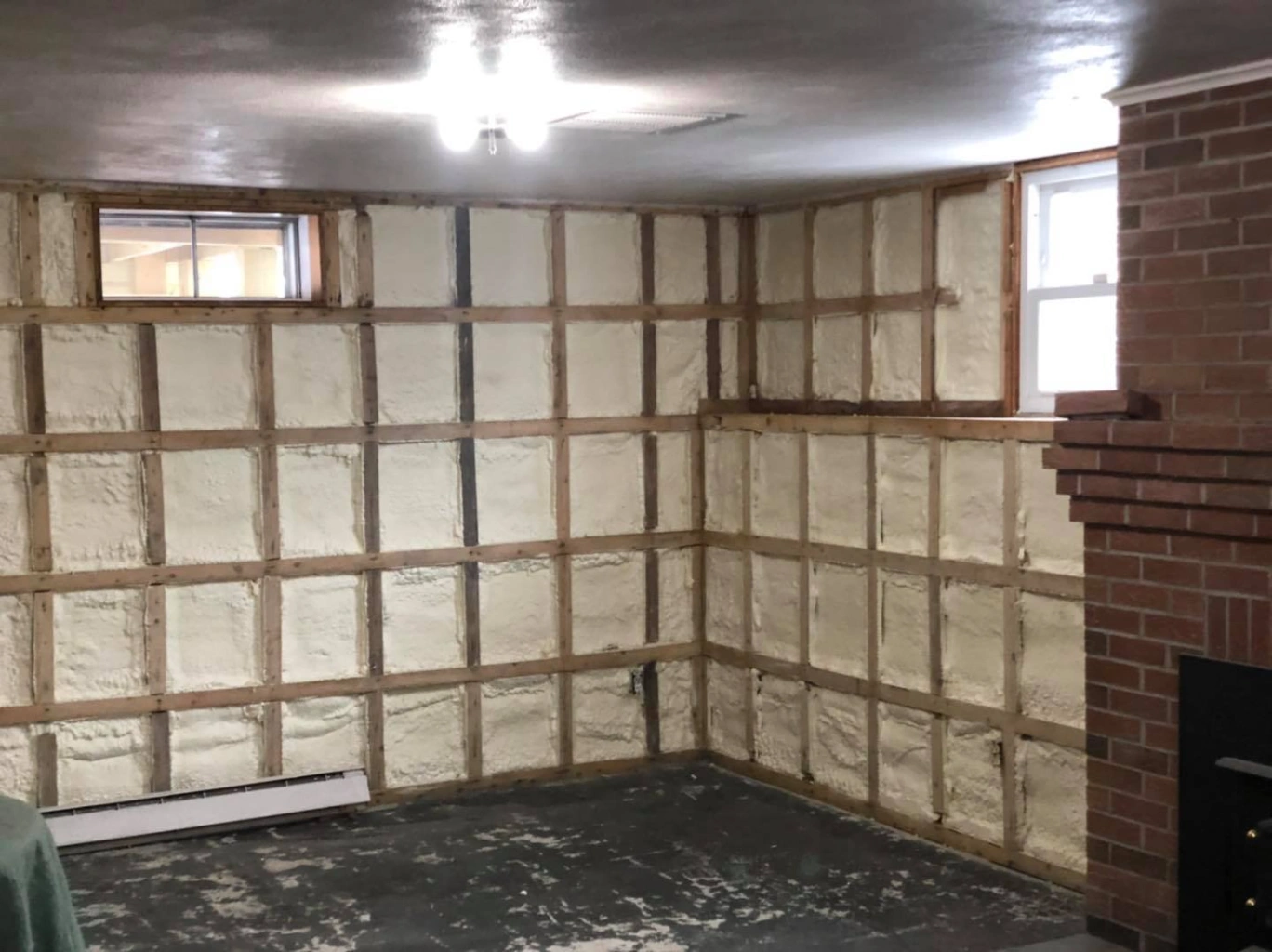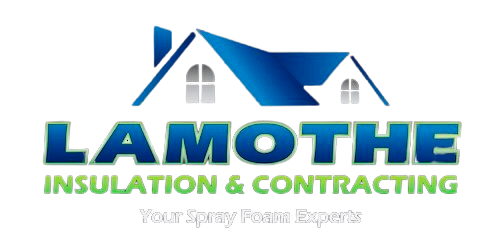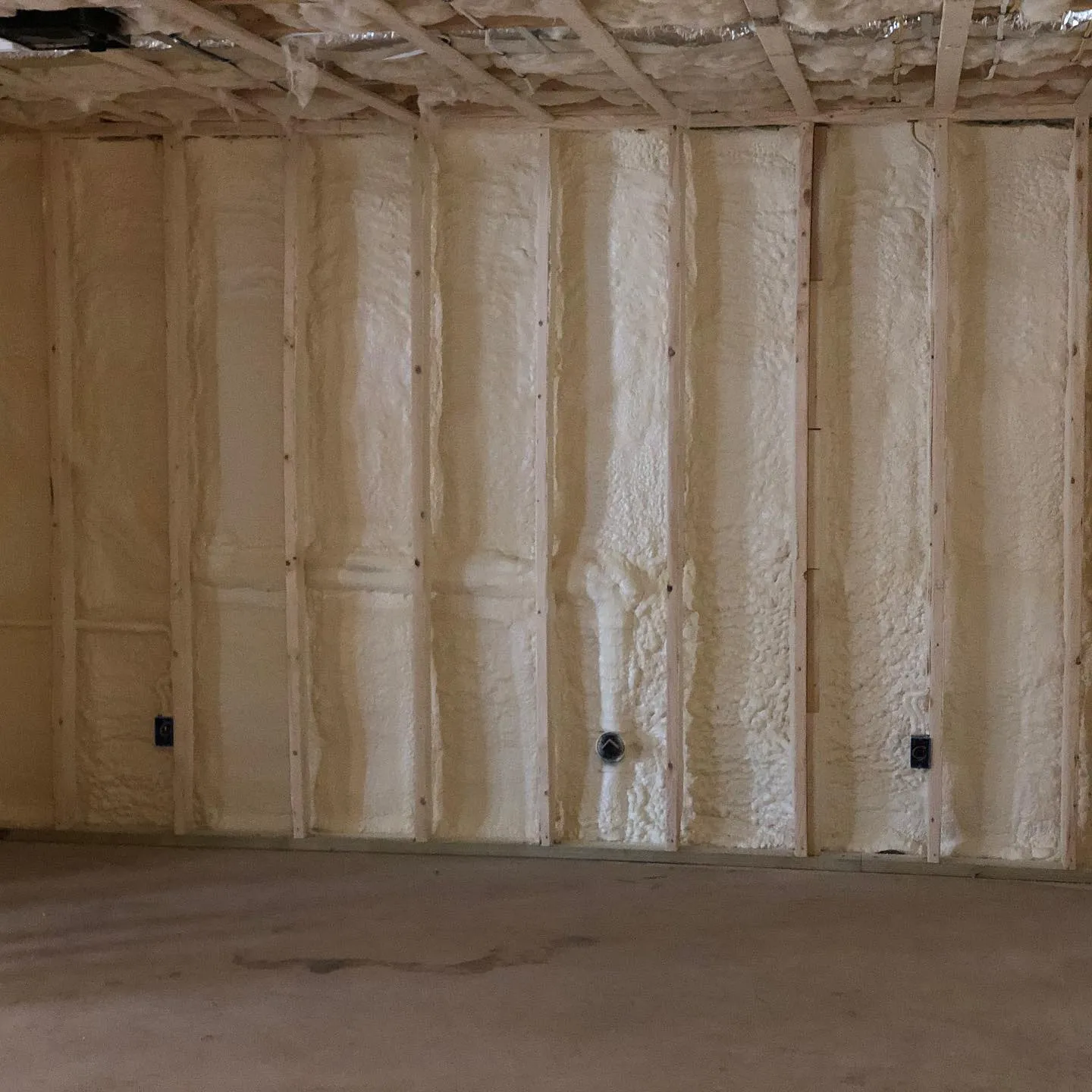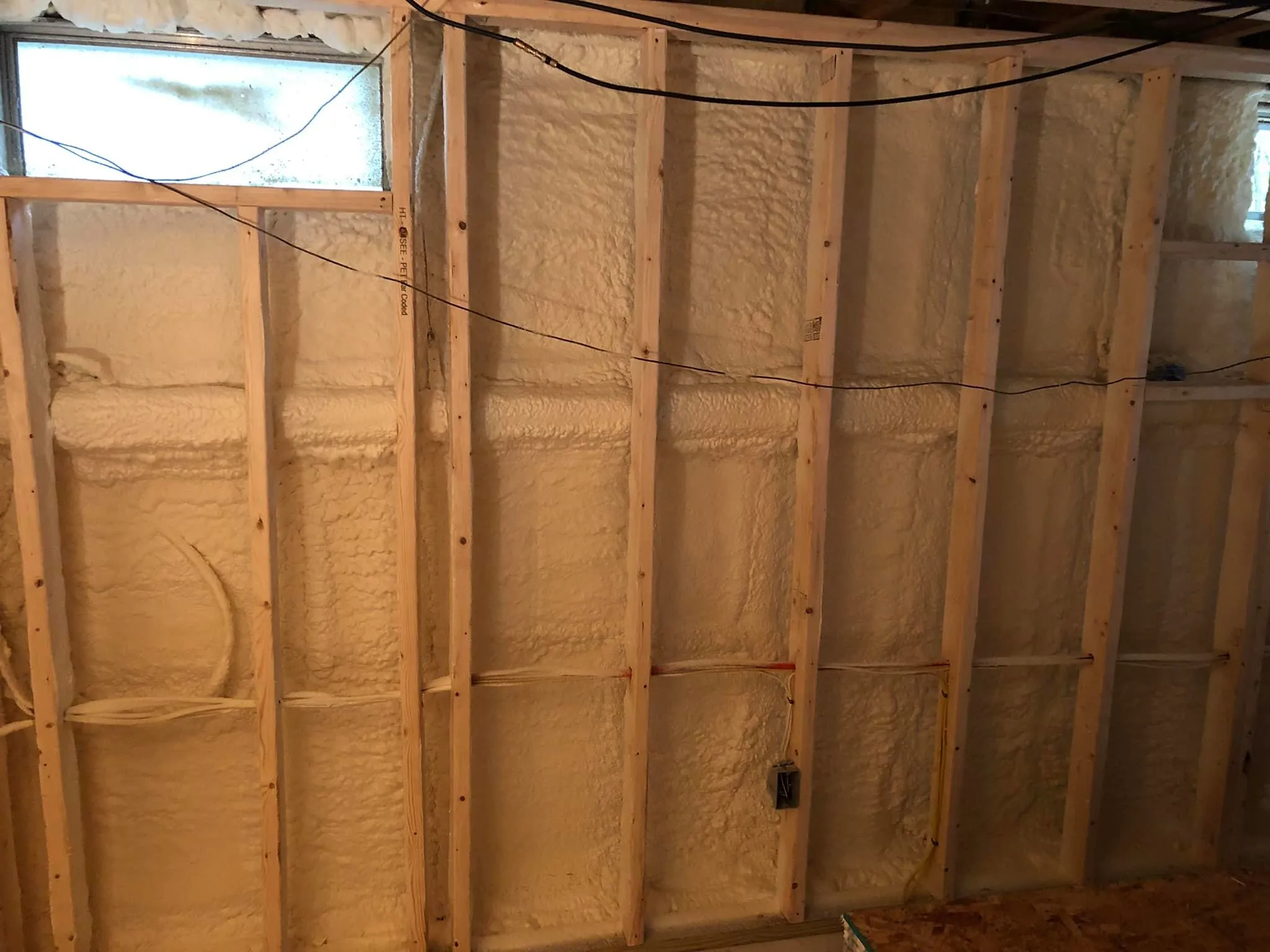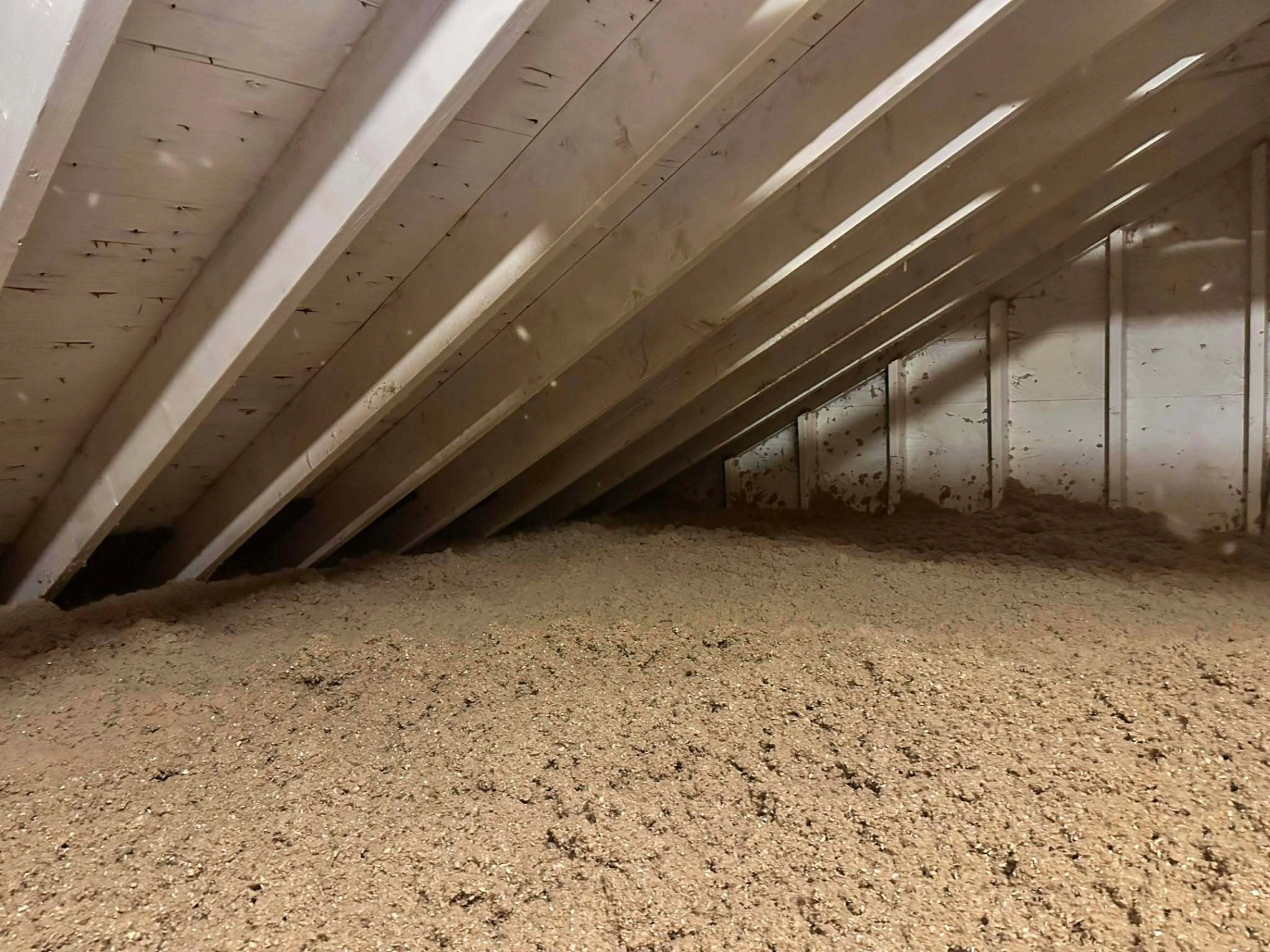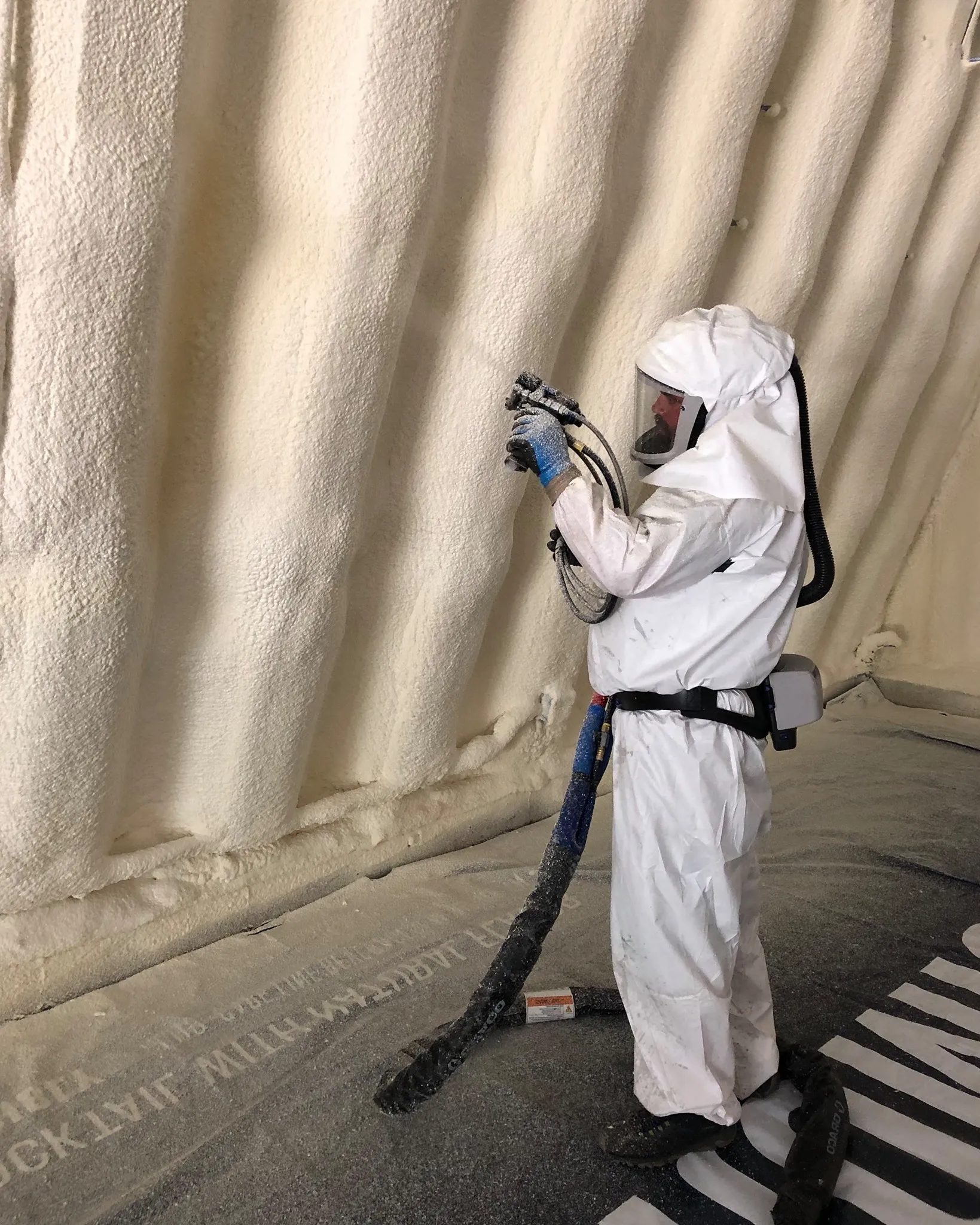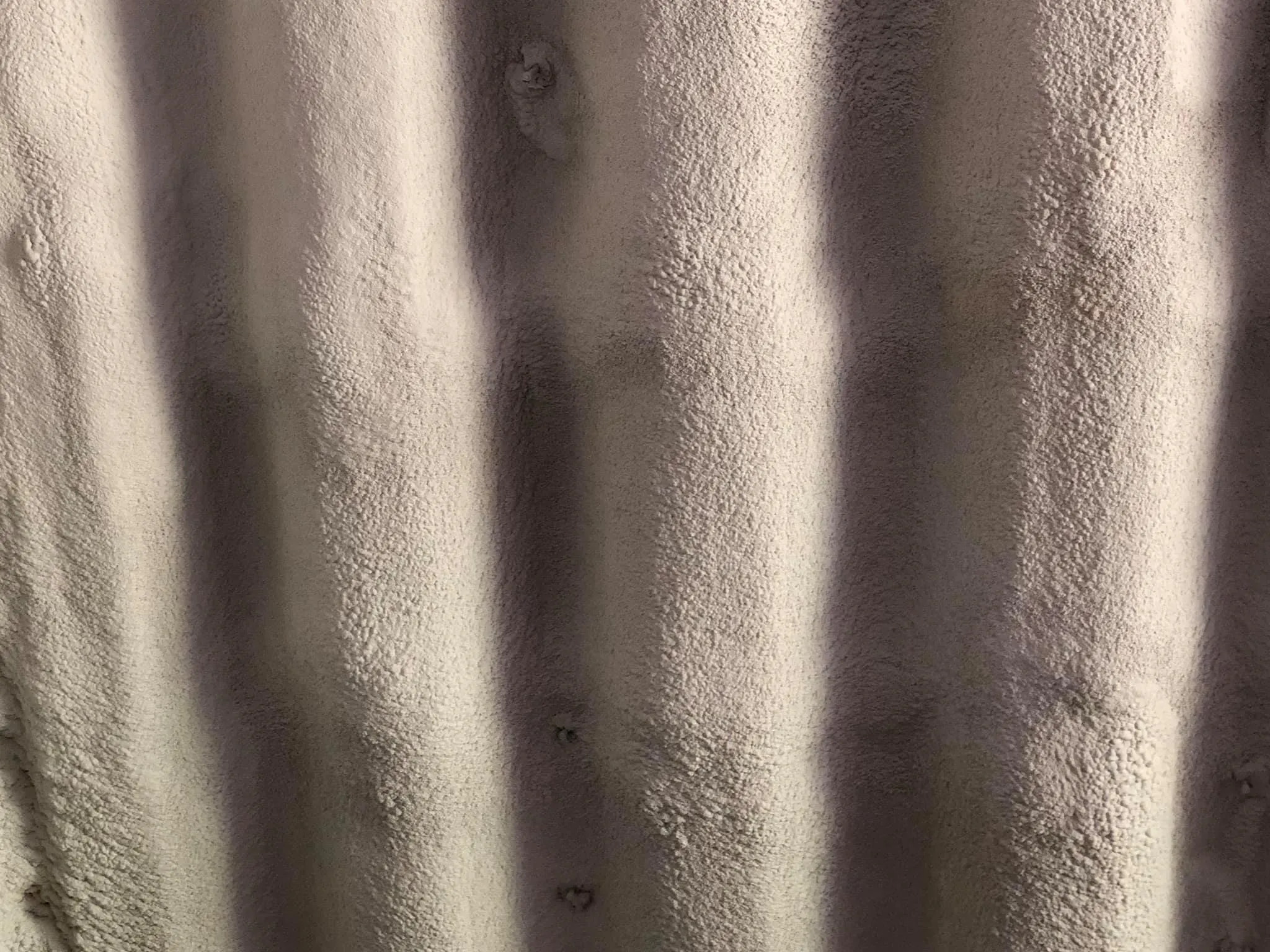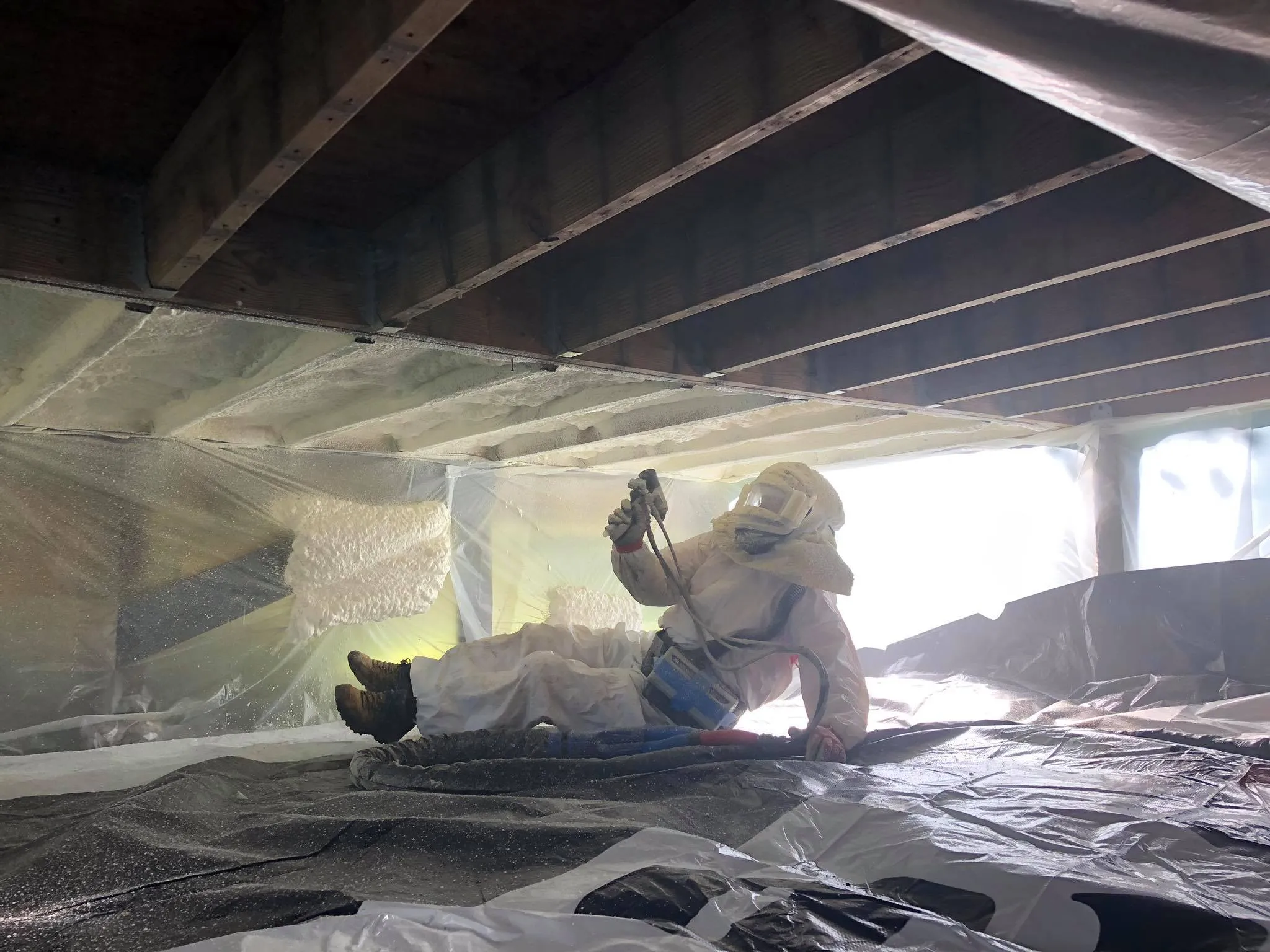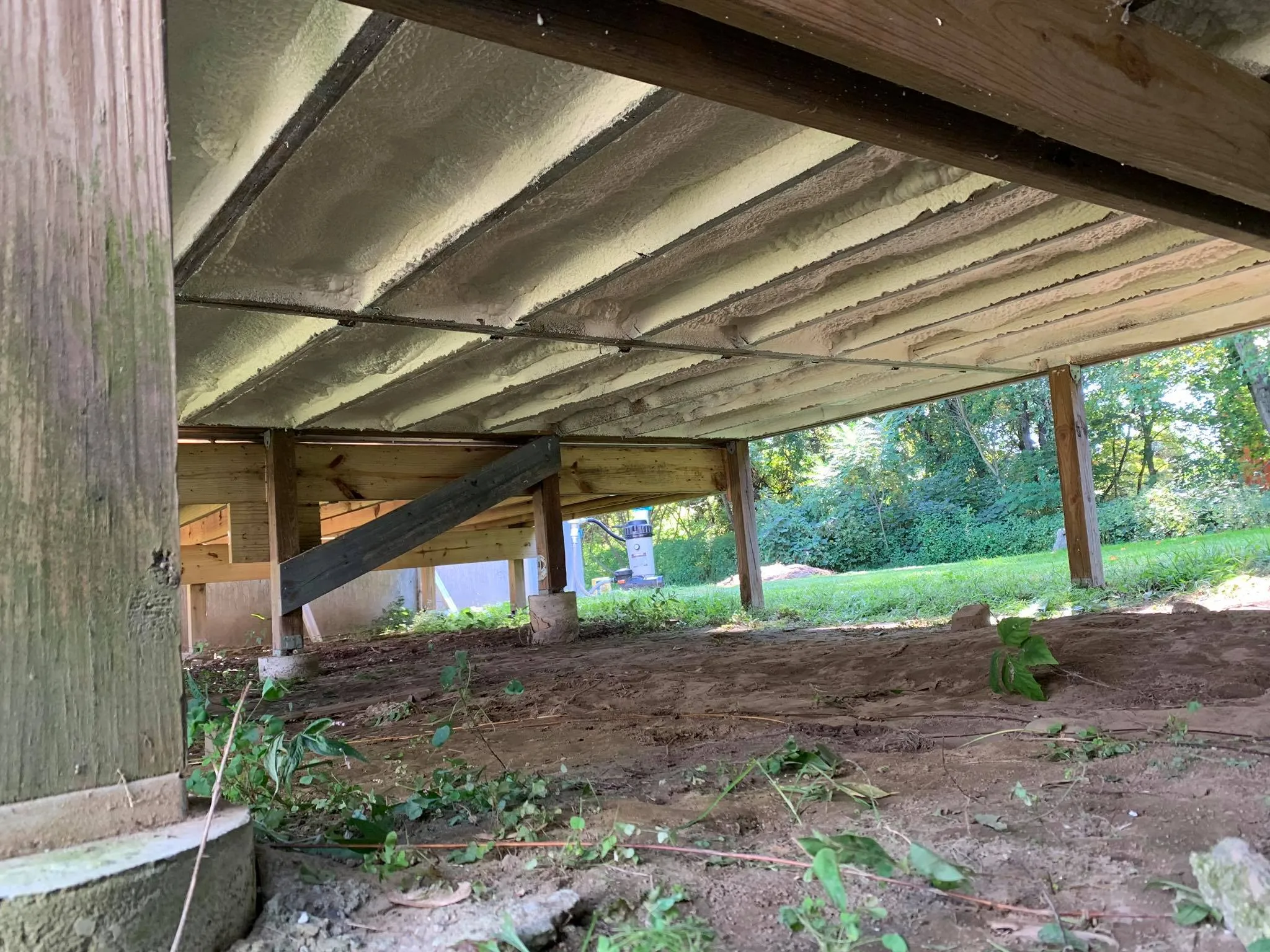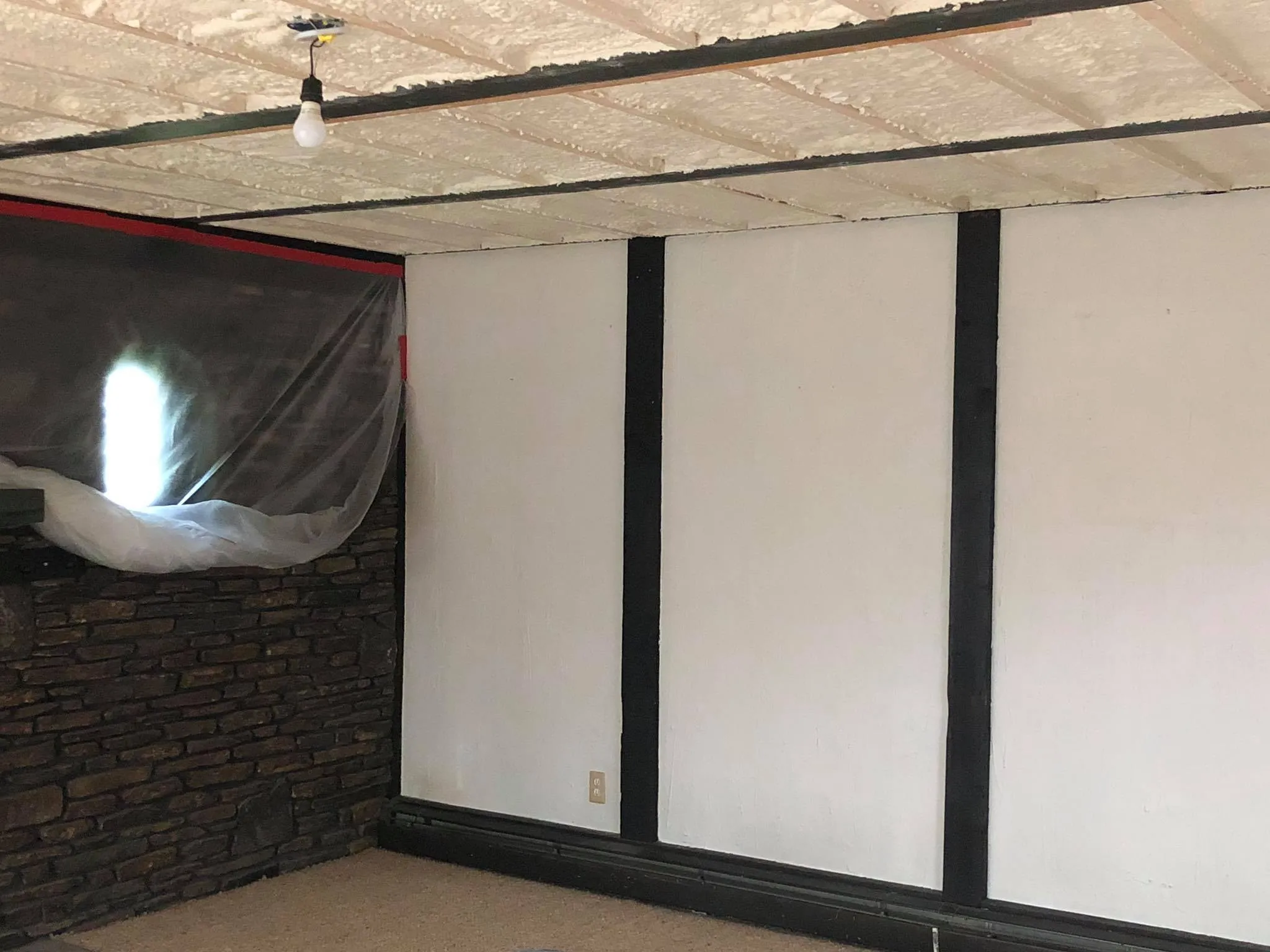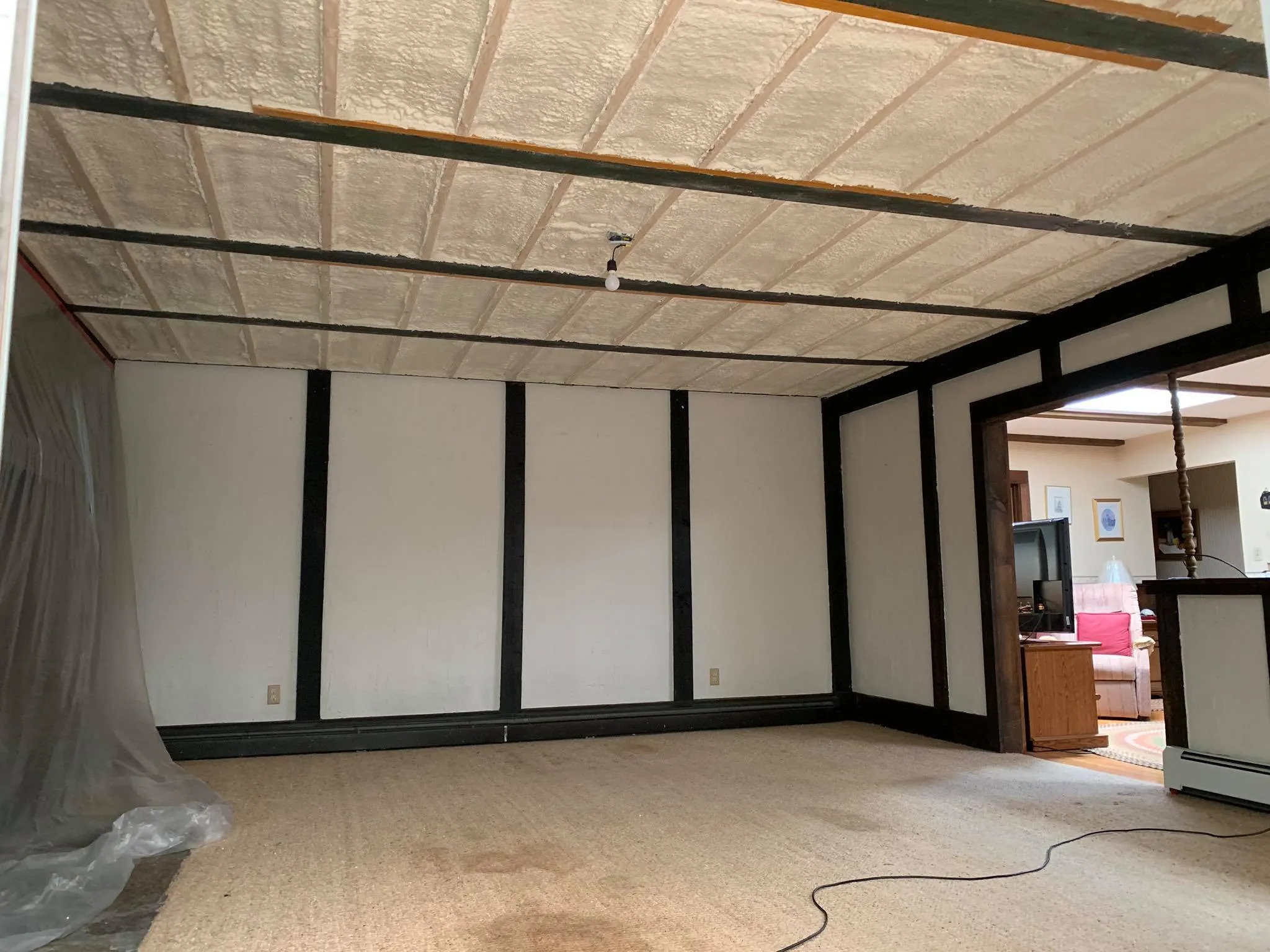Investing in quality open-cell spray foam insulation pays for itself through superior air sealing, which significantly lowers monthly energy bills and improves indoor air quality. Unlike traditional insulation materials that can leave small gaps, open-cell foam expands to fill every crack and crevice in a building’s envelope. This creates an airtight barrier that stops conditioned […]
